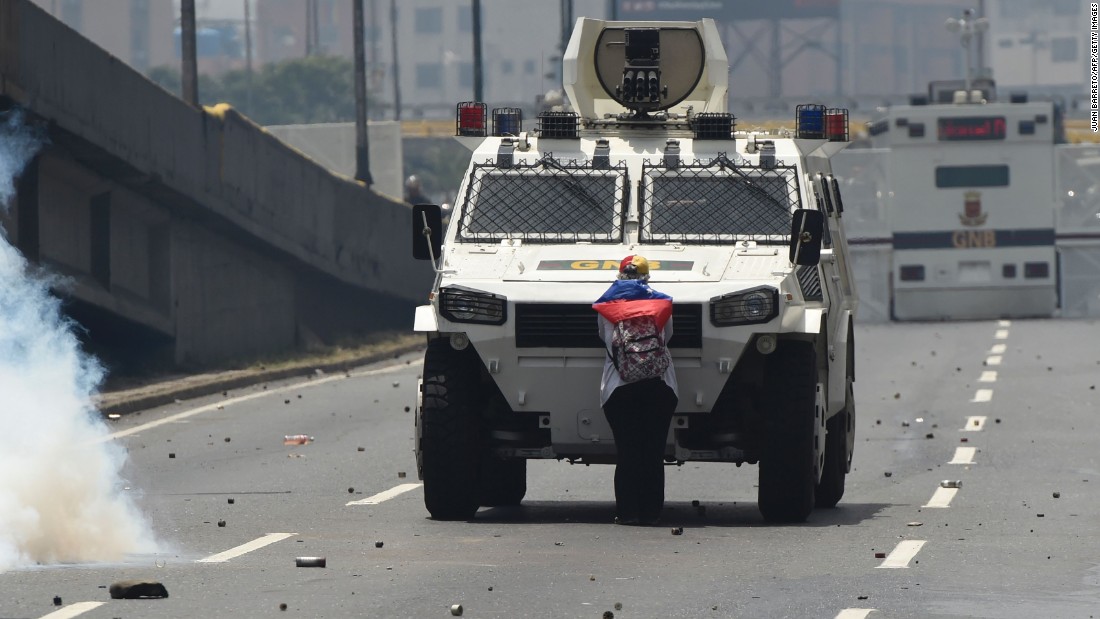Venezuela: How paradise got lost
From its Caribbean beaches to the snow-capped Andes, Venezuela is a place of astonishing natural beauty. It also possesses the largest proven oil reserves in the world.
Many in a thriving professional class left the country when the late Hugo Chavez took power in 1999, but the early years of his rule saw a massive reduction in poverty, more children in school, and greater access to clean drinking water.
Today, however, Venezuelans are dealing with the highest rate of inflation in the world, bloody street protests and a climate of chaos. How did a potential paradise become so lost? Here are a few answers:
Plummeting oil prices put economy in reverse
Oil revenue fueled Venezuela's economy under Chavez. When oil was $100 a barrel, billions flowed through the state-owned petroleum company and were siphoned off for social programs and food subsidies. But when oil prices fell dramatically, those massive subsidies became unsustainable.
5 reasons why Venezuela's economy is in a 'meltdown'
The flow of dollars slowed to a trickle
Crashing oil prices also left the government with less foreign currency to buy goods from other countries. Venezuela's imports are down 50% from a year ago, according to Ecoanalitica, a national research firm. Now there are critical shortages of essential imports, including vital medicines.
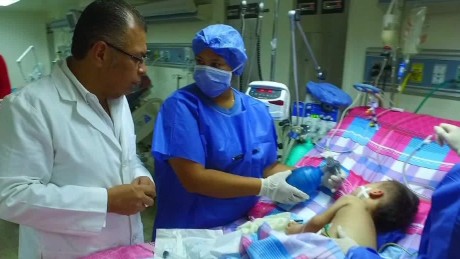
Children dying in Venezuelan hospitals
Venezuela asks UN for help as medicine shortages grow severe
Price controls are just another problem
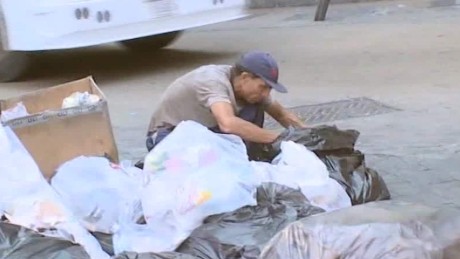
Venezuela government refuses international aid
Under Chavez, the prices of key items were slashed so that everyone could afford them. The official price for a bag of corn flour, used in the national staple dish arepas, is 639 bolivares. That's affordable for many people -- but the price of flour is below the cost of production. Domestic producers have stopped making corn flour. And even with the official price being low, there aren't any bags of flour to be bought.
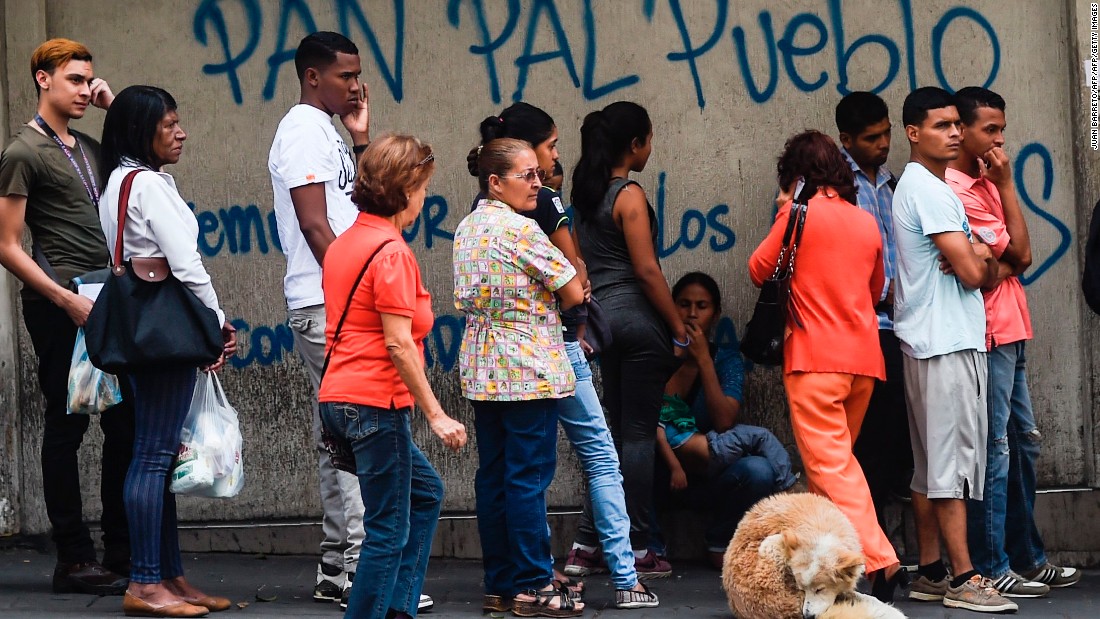
People line up to buy bread in Caracas amid shortages and skyrocketing prices on all types of goods.
Country down to its last $10 billion
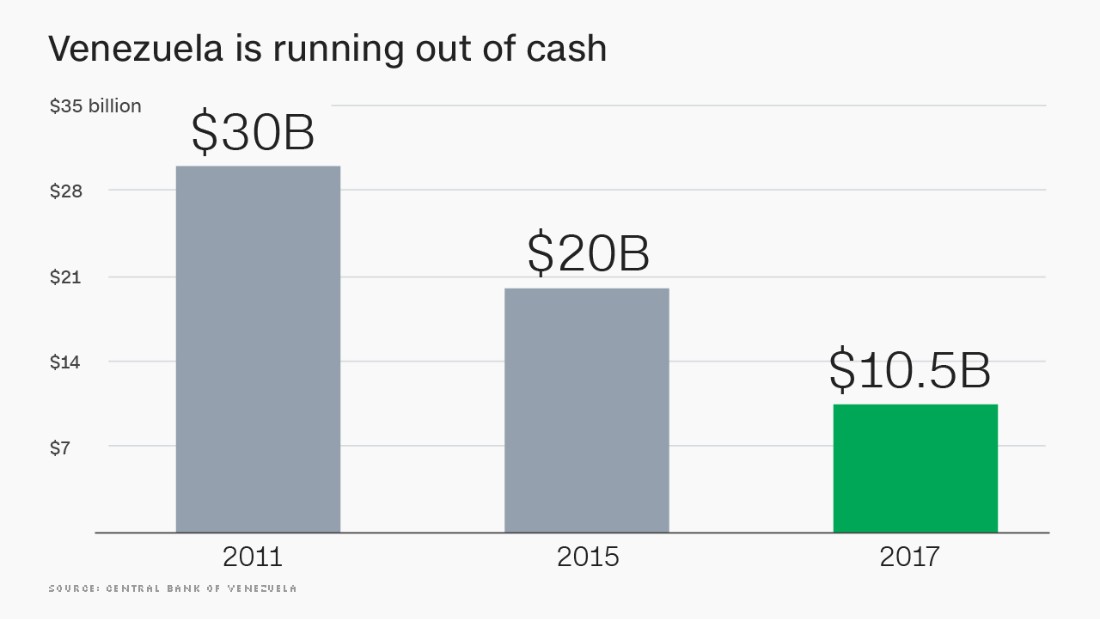
Venezula only has $10.5 billion in foreign reserves left, according to recent data from the Central Bank of Venezuela. For the rest of the year, it will owe roughly $7.2 billion in outstanding debt payments. The financial clock is ticking.
The 'Maduro diet'
Rampant inflation has meant more people are skipping meals and the percentage of malnourished Venezuelans is growing rapidly, according to an annual national survey by three of the country's major universities and other research groups.
Many have dubbed this phenomenon the "Maduro diet," a reference to embattled President Nicolas Maduro, who has said that doing without "makes you tough."
GM isn't only company in crisis in Venezuela
Pain turns to rage -- and protest
The country has been riven by violent protests in recent weeks as opposition leaders face off with Maduro supporters.
Anti-government protesters want Maduro to step down, accusing him of eroding democracy. Maduro, meanwhile, has sent the Venezuelan military onto the streets to maintain order.
What's the government doing?
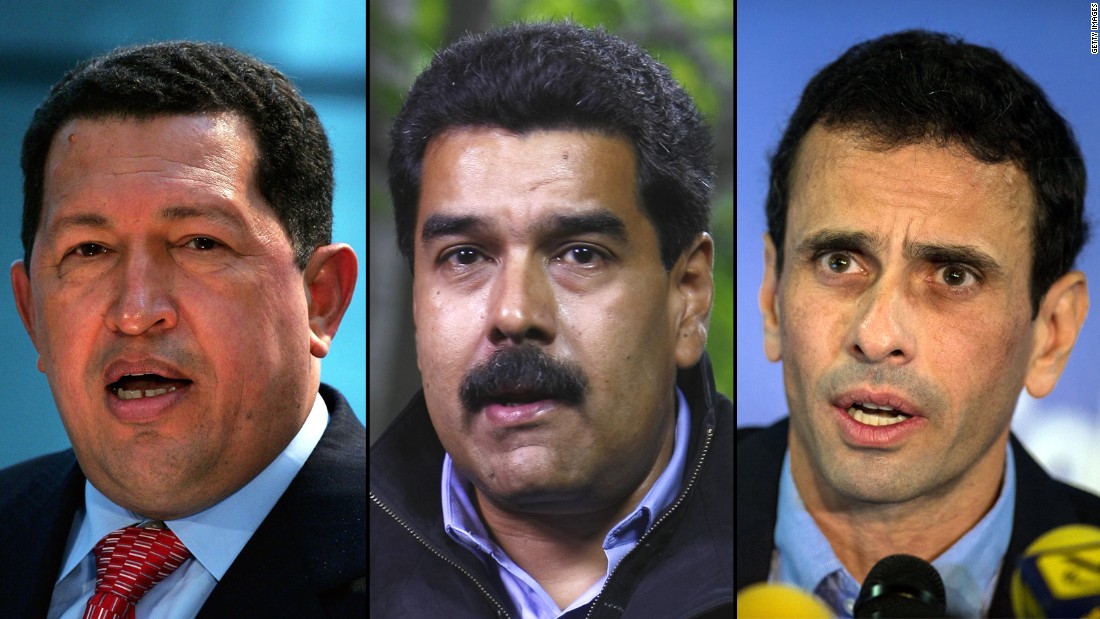
Former President Hugo Chavez, President Nicholas Maduro and opposition leader Henrique Capriles.
Many who blame Maduro for the crisis took to the streets after the administration barred opposition leader Henrique Capriles from running for any political office for 15 years. The Supreme Court dissolved parliament, transferring legislative powers to itself. That left the two remaining branches of government controlled by Maduro's ruling United Socialist Party. The opposition said it was a coup. The court's decision was reversed, but protests had already erupted against Maduro.
What's it like to live like this?
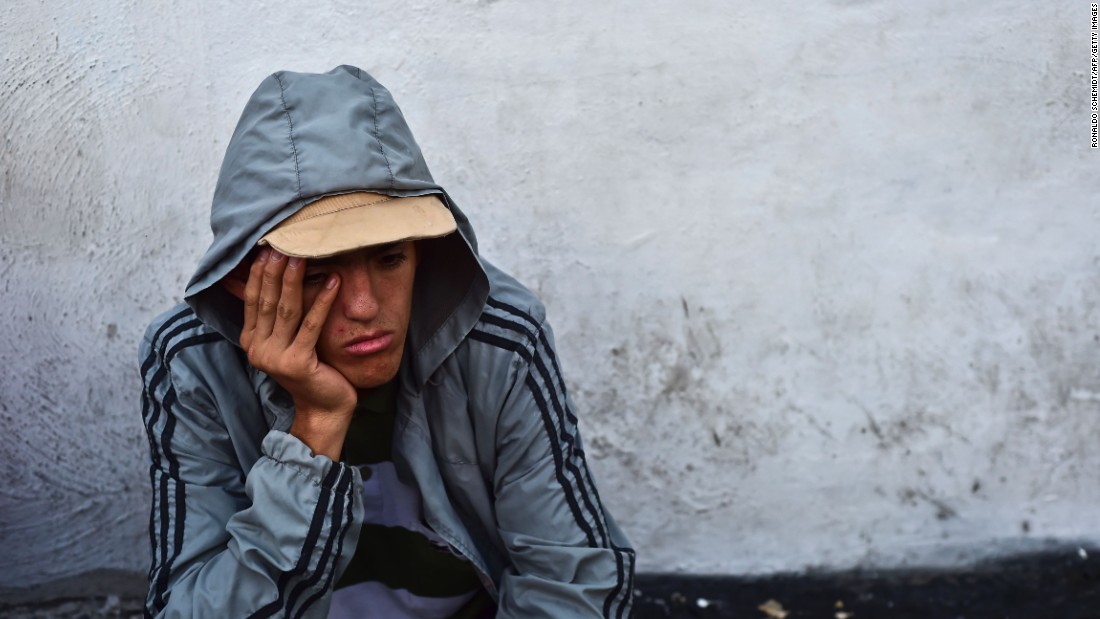
The impact of the country's problems are all too obvious to most Venezuelans.
- Shortages of food and home staples like milk, flour and toilet paper
- Shortages of medicine
- Rolling blackouts
- Rising unemployment
- Soaring violent crime
- Even malaria, once almost eradicated, is back on the rise.
News Courtesy: www.cnn.com

